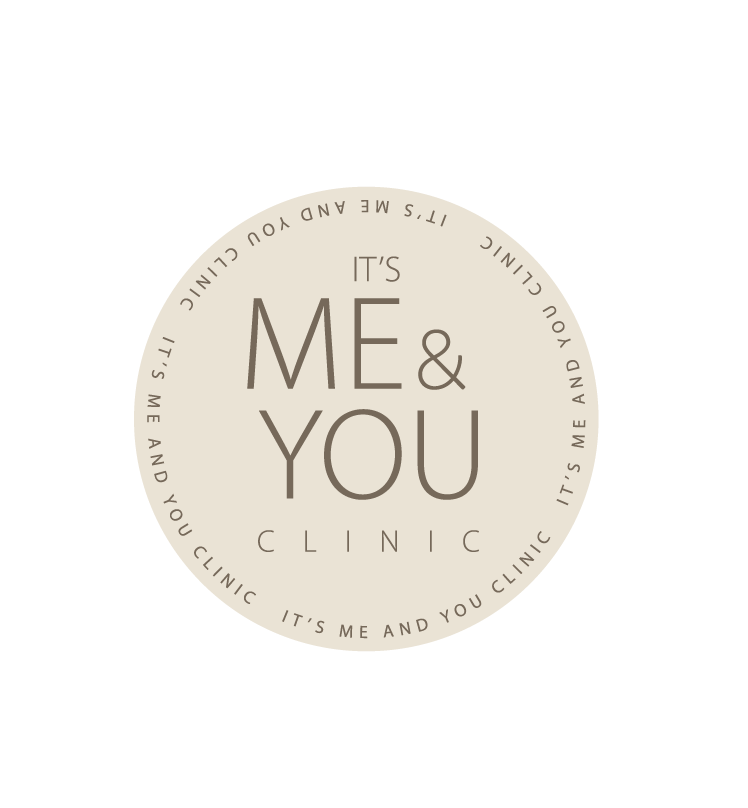The need to improve facial appearance is on the rise. This article explains what medical-grade skin care is, the ingredients of medical-grade skin care, reasons for choosing medical-grade skincare, and frequently asked questions.
Most drug stores have a variety of skincare products and makeup. However, it is hard to find medical-grade skin products in these stores because they are limited access. Medical grade can represent many uses of skin products; therefore, it might be hard for a customer to choose the right product from a variety of similar products from retail drug stores. Medical-grade products are mostly available in MedSpa or cosmetic doctor’s offices.Recommendations on use aregiven when buying them. Below is what you need to know to understand medical grades better and why you should consider adding them to your skincare routine.
What Is Medical-Grade Skin Care?
Some skin products are more powerful since they contain many active ingredients. These products are not available over the counter and require the buyers to visit specific places like cosmetic doctor’s offices to get them. Berry et al. (2022) stated that medical-grade skin care use prescription-strength ingredients to help the skin look youthful and healthy. There is not enough evidence to support the benefits of these products and the quality of the ingredients used to manufacture them. Medical-grade products are cosmetics. Clients willing to improve or maintain the quality of their skin can use medical-grade skin care. Customers with skin care challenges must consult a cosmetic doctor before using the products.
Kasolang et al. (2020) stated that hyperpigmentation is a skin condition that occurs due to several reasons, namely sun damage, inflammations, and hormones. Clients with this condition can use medical-grade skin care products because they contain better absorption and high-quality ingredients. This can help to improve their skin tone and health. They should consult their doctors before using the products. Unlike generic skincare, medical-grade skin care products contain specific ingredients in correct volumes.
Common Ingredients Available in Medical-Grade Skincare
Vitamin E is a major component of medical-grade skin care. According to Telang (2013), combining topical vitamin C, Ferulic acid, and vitamin E increases the effectiveness of vitamin C eightfold. Most products containing vitamin C are in black bottles since they can deactivate inside other bottles, making them less effective on the body. Other ingredients include glycolic acid, kojic acid, tranexamic acid, lactic acid, and retinol. Alpha hydroxy acids may also be found in medical-grade skin care. Soleymani et al. (2018) showed that Alpha hydroxy acids might improve exfoliation and increase potency and absorption. According to Bhardwaj et al. (2021), in medical-grade skin care, lactic acid can exfoliate and moisturize the skin.This is unlike the content in over-the-counter skincare contained in a small percentage ofsensitive skin.
Tips for Using Medical-Grade Skincare
Consult a doctor before using medical-grade skincare products. Springer (2019) noted that medical-grade skincare products could cause skin irritation because the potency might be too high for some clients. Some cosmetic doctors advise their patients to apply these products every third day to give the skin time to tolerate them.Simon et al. (2022) suggested that medical-grade products can be used daily to start seeing their benefits.
A pea size amount of the product should cover an area of the body equivalent to the size of a palm. Spread the product evenly on the skin to ease its absorption.
Reasons to Choose Medical-Grade Skin Care
Products Contain Quality Ingredients
Over-the-counter product standards are lower than medical-grade skincare containing 99% pure ingredients. It is hard to compare the concentration of ingredients in medical-grade skin care to over-the-counter products because the labels do not show the concentration of each ingredient.
They Penetrate Deep Layers of the Skin
Ingredients are delivered into the skin’s dermis, helping to simulate collagens. Many problems originate from the innermost layers of the skin. Treating only the skin surface means that the root problem is not solved; therefore, the skin condition would occur again.
Medical-Grade Skin Care Is Directed to Specific Skin Type
Clients need a cosmetic doctor’s recommendation to buy them. This eliminates the trial-and-error method that results in a waste of money.
A Licensed Medical Professional Sells Them
These products are available in stores operating under a licensed medical physician.
They Are Effective
Each product is clinically proven and protects the skin from harsh environmental factors.
According to Lohani et al. (2014), medical-grade skin care with a combination of active ingredients can treat Acne, hyperpigmentation, fine lines and wrinkles, skin laxity, age spots, and sun damage. Messer et al. (2018) noted that clients might experience side effects such as skin reaction, redness, skin dryness, and irritation after using medical-grade skincare. Clients can buy some medical-grade skin care online. Buying online may increase the chances of getting side effects because you might purchase counterfeit products. Side effects resulting from those products may harm your skin when suffering from hypertension, pigmentation, and psoriasis.
Frequently Asked Questions about Medical-Grade Skincare
Will Medical-Grade Skin Care Help with Hormonal Acne?
Wong (2021) revealed that medical-grade skin helps with hormonal Acne. Peaks and troughs smoothen with time after continued application.
Why Is Medical Grade Considered Better Than Over the Counter Skin Care?
The concentration of ingredients in medical-grade skin care is higher than in over-the-counter skin care products. This means that over-the-counter products may not penetrate the lowest layer of the skin where the problem on the skin might have originated.
Who Can Benefit from Medical Grade Skin Care?
Any client can benefit from medical-grade skin care. A cosmetic doctor to determine the right product to work on the skin type.
Conclusion
Consider using medical-grade skin care to treat the skin. Medical-grade skincare products penetrate deep into the skin’s bottom layer, treating the root cause of a skin problem. A cosmetic doctor can offer a perfect combination of medical-grade skin care with creams to enhance appearance. It is important to consult a cosmetic doctor to recommend the best medical-grade skin care product for the skin.
References
Berry, K., Hallock, K., & Lam, C. (2022). Photoaging And Topical Rejuvenation. Facial Plastic Surgery Clinics, 30(3), 291-300.
Bhardwaj, V., Sharma, K., Maksimovic, S., Fan, A., Adams-Woodford, A., & Mao, J. (2021). Professional-Grade TCA-Lactic Acid Chemical Peel: Elucidating Mode Of Action To Treat Photoaging And Hyperpigmentation. Frontiers In Medicine, 97.
Kasolang, S., Adlina, W. A., Rahman, N. A., & Nik, N. R. (2020). Common Skin Disorders: A Review. JurnalTribologi, 25, 59-82.
Lohani, A., Verma, A., Joshi, H., Yadav, N., & Karki, N. (2014). Nanotechnology-Based Cosmeceuticals. International Scholarly Research Notices, 2014.
Messer, L. H., Berget, C., Beatson, C., Polsky, S., &Forlenza, G. P. (2018). Preserving Skin Integrity With Chronic Device Use In Diabetes. Diabetes Technology & Therapeutics, 20(S2), S2-54.
Simon, D. A., Shachar, C., & Cohen, I. G. (2022). Skating The Line Between General Wellness Products And Regulated Devices: Strategies And Implications. Journal Of Law And The Biosciences, 9(2), Lsac015.
Soleymani, T., Lanoue, J., & Rahman, Z. (2018). A Practical Approach To Chemical Peels: A Review Of Fundamentals And Step-By-Step Algorithmic Protocol For Treatment. The Journal Of Clinical And Aesthetic Dermatology, 11(8), 21.
Springer, R. (2019). Restoring Office-Based Surgical Facility Function Post-Hurricane Irma: Lessons Learned From Multiple Facilities. Plastic Surgical Nursing, 39(3), 81-86.
Telang, P. S. (2013). Vitamin C In Dermatology. Indian Dermatology Online Journal, 4(2), 143.
Wong, V. I. N. C. E. N. T. (2021). Glow Like A Queen. The PMFA Journal. Retrieved January30, 2022.
- Lip Fillers, Anti-Wrinkle Injections in Albury Heath GU5 - February 19, 2024
- Can You Have Hyaluronic Acid Fillers When Pregnant - October 4, 2023
- How Much Are Lip Fillers London - September 27, 2023

